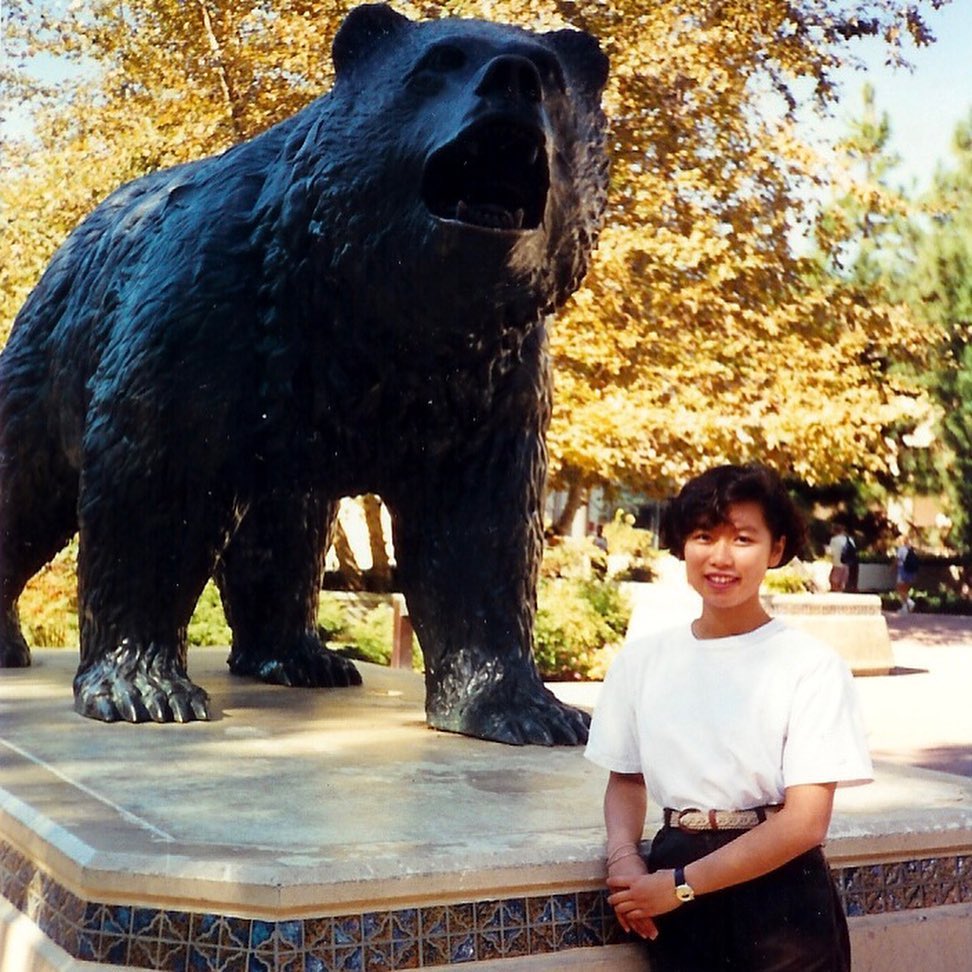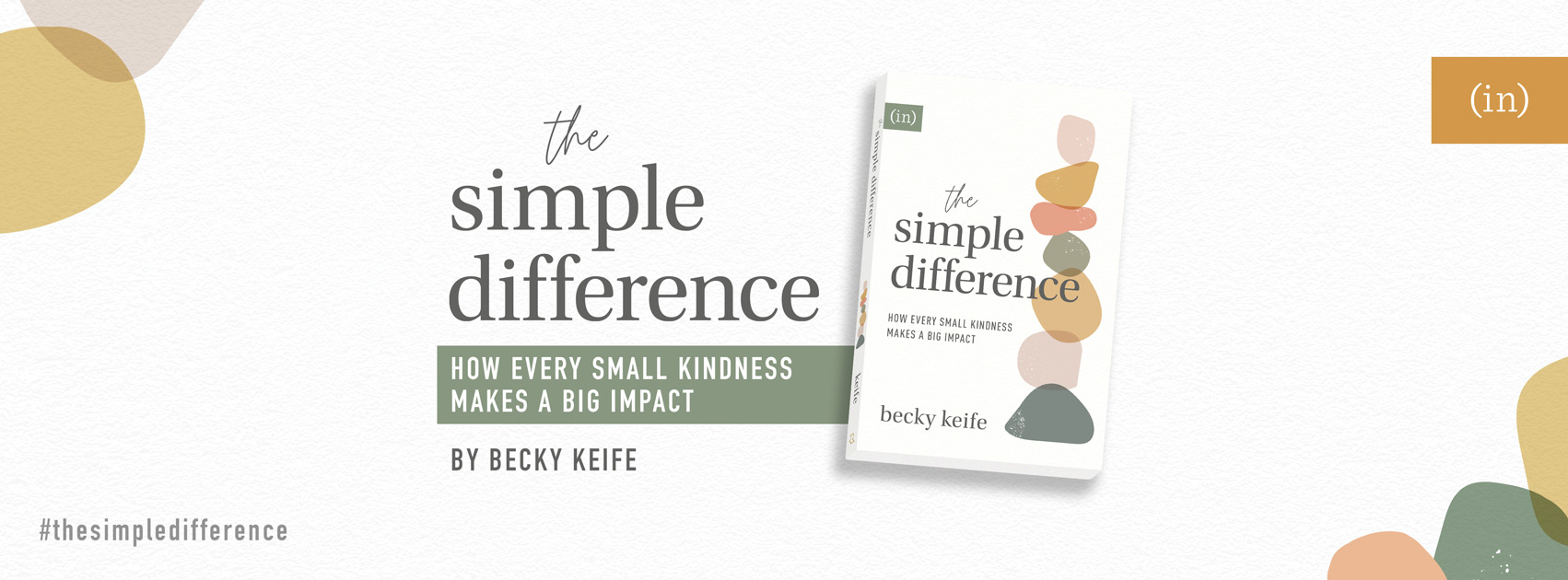Welcome to a special bonus episode of the (in)courage podcast! In these bonus episodes, (in)courage community manager + author Becky Keife discusses with friends how every small kindness makes a big impact.
Today, Becky’s joined by friend and (in)courage contributor, Anjuli Paschall. Anjuli shares the story of how an afternoon meltdown full of embarrassment became a gateway to receiving a simple yet profound kindness from a neighbor. They ask and answer the question, Who can you carry in your heart today and bless with what you already have? They remind us that, “Kindness is the good kind of contagious,” and they invite you to take The Simple Difference Challenge on Instagram with Becky!
Listen below or wherever you stream podcasts!
Connect:
- Get your copy of The Simple Difference: How Every Small Kindness Makes a Big Impact by Becky Keife.
- Follow @beckykeife on Instagram to join The Simple Difference Challenge.
- Connect with Anjuli at @lovealways.anjuli.
- Learn more at bethesimpledifference.com.



 These three friends spent a few days together as they went through the study, and, lucky us, they recorded their conversations so we can all listen in! Find all the
These three friends spent a few days together as they went through the study, and, lucky us, they recorded their conversations so we can all listen in! Find all the 
